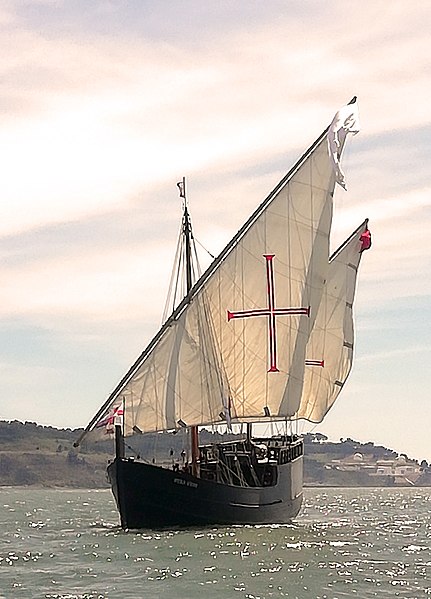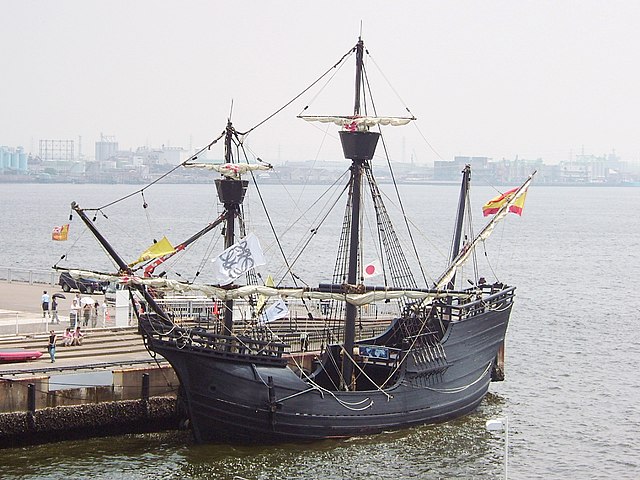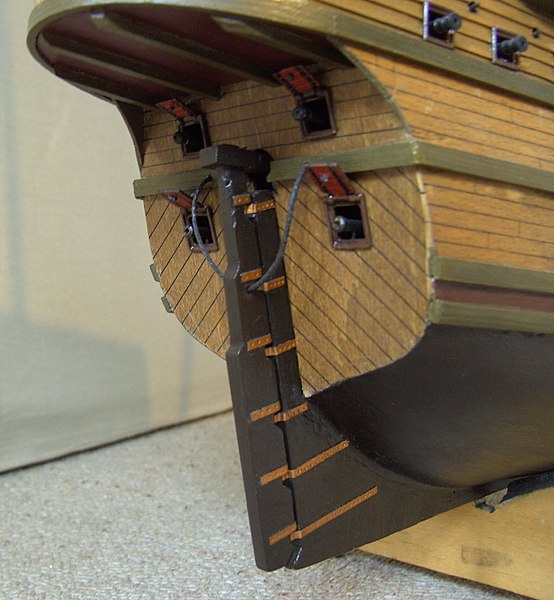The East Indies is a term used in historical narratives of the Age of Discovery. The Indies broadly refers to various lands in the East or the Eastern Hemisphere, particularly the islands and mainlands found in and around the Indian Ocean by Portuguese explorers, soon after the Cape Route was discovered. In a narrow sense, the term is used to refer to the Malay Archipelago, which today comprises the Philippine Archipelago, Indonesian Archipelago, Borneo, and New Guinea. Historically, the term was used in the Age of Discovery to refer to the coasts of the landmasses comprising the Indian subcontinent and the Indochinese Peninsula along with the Malay Archipelago.
Batavia, Dutch East Indies.
The Age of Discovery also known as the Age of Exploration, part of the early modern period and largely overlapping with the Age of Sail, was a period from approximately the 15th century to the 17th century, during which seafarers from a number of European countries explored, colonized, and conquered regions across the globe. The Age of Discovery was a transformative period in world history when previously isolated parts of the world became connected to form the world system and laid the groundwork for globalization. The extensive overseas exploration, particularly the European colonization of the Americas, with the Spanish and Portuguese, and later the British, at the forefront, spurred global trade. The interconnected global economy of the 21st century has its roots in the expansion of trade networks during this era.
A replica of the Portuguese caravel Caravela Vera Cruz. These small, highly manoeuverable ships played an important role in overseas exploration.
A replica of the Spanish carrack Victoria which completed the first circumnavigation of the Earth in 1522.
Pintle-and-gudgeon stern-post rudder of the Hanseatic league flagship Adler von Lübeck (1567–1581).
The Silk Road and spice trade routes which the Ottoman Empire later expanded its use of in 1453 and onwards, spurring European exploration to find alternative sea routes





